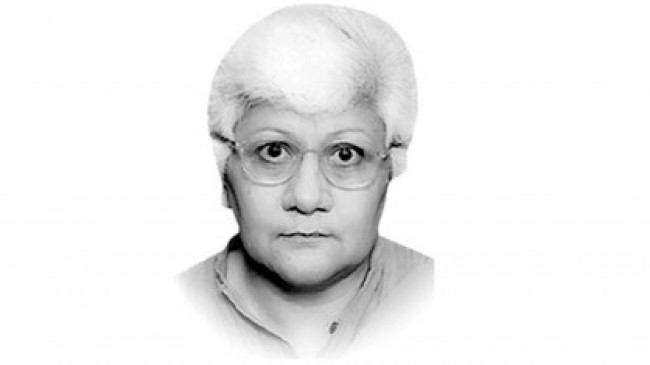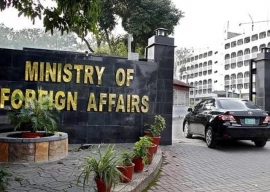
A competing perspective offered by other lawyers, including the iconic leader of the lawyers’ movement Aitzaz Ahsan, is that judicial independence is not compromised in the new procedure. Still others contend that the executive and the legislature, as elected representatives of the people, play a role in the appointment of senior judges, a practice followed in the US. Eminent lawyers like Babar Sattar have pointed out on various occasions that judicial independence is guaranteed through the security of tenure — a judge who knows he cannot be arbitrarily removed is potentially capable of judgments that reflect independence.
At the heart of the seemingly purely legal debates are deeper issues regarding how we as a nation want to organise our social, moral and political existence. It is the right of the elected representatives to make and amend laws and the constitution in line with the aspirations of the people whom they represent. The judiciary certainly has the right to review laws that may contradict fundamental rights or other important provisions of the constitution. Nevertheless, the growing tendency to constantly reject everything that a duly elected parliament enacts reflects a negative trend that, if taken too far, can end up negating the will of the people.
The danger is that if left unchecked, such a trend may entrench non-elected state institutions so deeply in society that they come to dictate everything — from morality to legality. This would turn liberal parliamentary democracy on its head and in the process, overturn popular sovereignty. Quite apart from the imminent danger of judicial dogmatism, there is a need to explore the notion of rule of law critically. An Enlightenment Era construct, the rule of law implies that society will be governed through a set of agreed upon rules and regulations that would be consistently and equally applied to all citizens and no person would be above the law.
Rule by a set of consensual principles would replace arbitrary and whimsical rule by individuals. Power would be invested in institutions that represent the larger collective rather than in individuals. Further, it would not be exercised in the interest of repression but for the larger good. This, however, is the ideal. In reality, the pretension that the rule of law is a value-neutral, impartial concept does not stand up to scrutiny. Societies are divided along the many axes of class, gender, religion, ethnicity or sect.
Laws, in countries like Pakistan, are made by people who hail from powerful classes and are mostly males who belong to a particular religion or ethnic group. Laws, therefore, are not neutral but reflect the interests of a particular class or gender. Judges, like everyone else, are a part of society. Irrespective of how honest and upright they might be, they too are subject to the human propensity for prejudice, for they too are rooted in a culture divided by religion, ethnicity, class and gender. Consciously or unconsciously, all of us have our biases and preferences. This is not meant to take away from the dignity of the honourable judges of the superior judiciary but merely a reminder that since most of us are located in fractured, unequal and hierarchical societies, an independent judge does not mean that he/she is freed of all prejudice and bias that comes from personal belief.
Despite the courage shown by our judiciary in the recent past, especially in their rejection of military rule, they are ultimately fallible. While they have become symbols of hope and aspiration and are under pressure to deliver justice, it should not be the case that all other public institutions, especially representative ones, should become hampered in their work because of the misplaced, though understandable and natural, desire for justice. Liberation from tyranny is strongest when it means freedom from our own prejudice as much as independence from another institution.











































COMMENTS (3)
Comments are moderated and generally will be posted if they are on-topic and not abusive.
For more information, please see our Comments FAQ